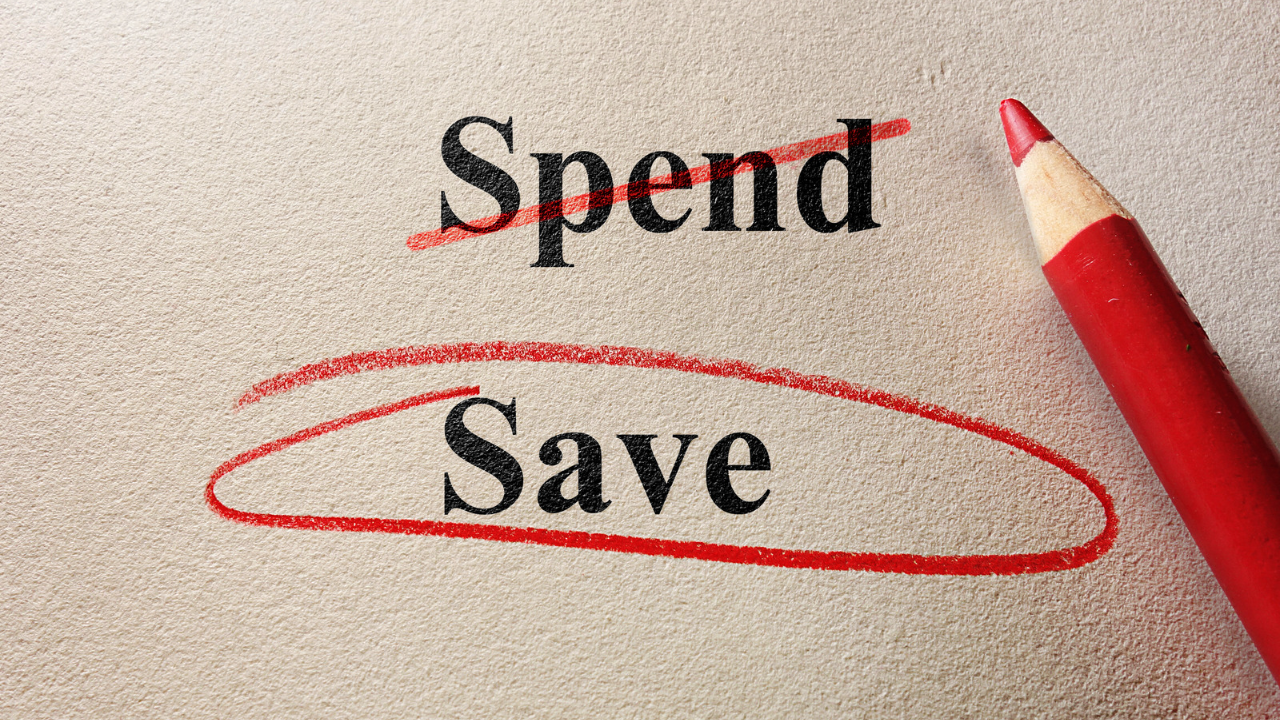
Money has always been a source of stress and anxiety for me. Coming from a large family, I have seen how stressed the relations can become because of income disparity. Though a decent level of education was always imbibed in all of us, financial stature did matter in shaping the interrelations between family members. Growing up in this environment, I have had a complicated relationship with money.
I experienced this disparity not only in the family but also in school where rich kids were given priority over kids from seemingly benevolent households. This made me frugal with money to the point that becoming rich and financially independent was the basic motive I grew up with.
As a result, I developed a frugal mindset early on, determined to never find myself in a situation where I was being ignored because I did not have enough money.
This mindset served me well in some ways. I learned to be resourceful and creative with my money, and I always made sure to have a cushion of savings in case of emergencies. But as I got older and started earning my own money, I found that my frugality had turned into an obsession.
I would spend hours poring over budget spreadsheets, calculating how much money I could save by cutting back on small luxuries like coffee or eating out. I became almost obsessive about finding the best deals on everything, from groceries to clothing to electronics. I felt a sense of pride in my ability to save money, but at the same time, I was constantly stressed and anxious about it.
Then, one day, a friend recommended a book to me: ‘The Psychology of Money’ by Morgan Housel. I was sceptical at first – I’d read plenty of personal finance books before, and they all seemed to offer the same tired advice about budgeting, saving, and investing. But as I started reading, I was captivated by Housel’s writing style and insights into human behaviour.
One of the main themes of the book is that our attitudes toward money are shaped by our experiences and emotions, rather than by objective rationality. Housel argues that there are many ways in which we can be irrational with our money, from buying lottery tickets to obsessing over stock market returns to hoarding cash under the mattress.
As I read through the book, I started to recognise some of my own irrational behaviours around money. I realised that my frugality was often driven by fear – fear of not having enough money, fear of being judged by others, and fear of repeating the financial struggles of my childhood.
But at the same time, I also started to see that my frugality was holding me back in certain areas of my life. I was so focused on saving money that I wasn’t allowing myself to enjoy the present moment. I was saying ‘no’ to experiences that could bring me joy and fulfillment, all in the name of saving a few rupees.
And so, inspired by ‘The Psychology of Money’, I decided to make a change. I started to loosen up my purse strings and allow myself to indulge in small luxuries that brought me happiness. I went out for meals with friends more often, treated myself to new books and hobbies, and even splurged on a few pieces of clothing that made me feel confident and stylish.
At first, I felt guilty and almost ashamed of my new spending habits. I had spent so long equating frugality with virtue that it felt wrong to be spending money on things that weren’t strictly necessary. But gradually, I started to see the benefits of this new mindset. I was happier and more relaxed, and I found that I was actually saving money in the long run by not obsessing over every little purchase.
Of course, I still have a long way to go when it comes to financial literacy and responsible spending. But thanks to ‘The Psychology of Money’, I’m starting to see money as something that can be a tool for joy and fulfillment, rather than just a source of stress and anxiety. And for that, I’m incredibly grateful.
